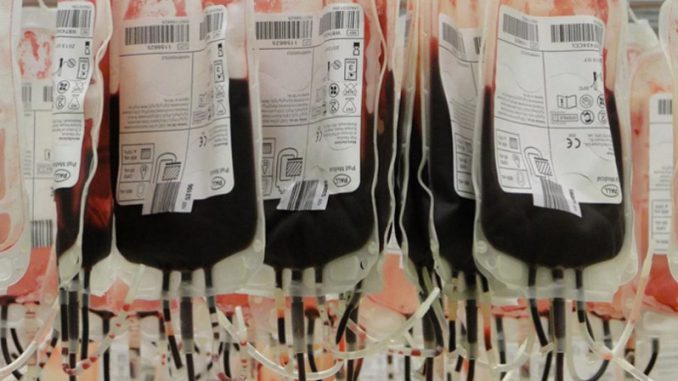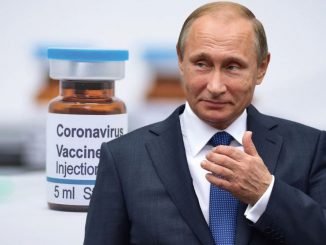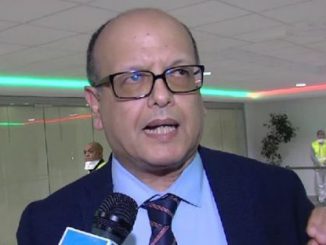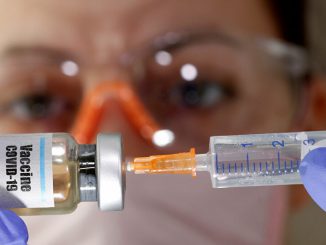
National blood stocks were at their lowest in August. Unfortunately, this was followed by the two holidays of the First Moharram (Thursday and Friday, August 20 and 21) and then the weekend, which did not help.
At the national level, blood reserves can cover the needs of 5 days, compared to the 7 days recommended by the World Health Organization (WHO), according to Dr. Lahjouji.
The situation is good in most cities. On the other hand, stocks in Casablanca are very low. “The blood reserves in the capital city can only cover one day at this time. The city has a large number of clinics, and requires nearly 600 bags of blood per day”.
However, it should be noted that “many small Moroccan cities, where blood consumption is low, have large stocks. In case of problem, we therefore import blood bags from these cities, to those that are in deficit”.
Large cities, such as Casa, Fez, Meknes, Rabat, and Marrakech, are particularly in need of blood, “since they have many private clinics and public hospitals. They also have university hospitals, with hemato-oncology services, which consume large quantities of blood, since they treat patients with serious diseases, such as haematoma, cancer or chronic diseases, especially thalassaemia, and who have a regular need for blood (between two to three weeks)”.
Morocco needs 1,000 donations per day. “In fact, once collected, blood is separated into three components: red blood cell concentrate, standard platelet concentrate, and pre-frozen plasma. So, 1,000 donors allow us to have 3,000 bags, 1,000 of each component. But red blood cells are the most consumed,” explains Dr. Lahjouji.
“The lifespan of red blood cells is 42 days, that of platelets is 5 days, compared to one year for plasma”.
“Sometimes we have sufficient stocks, but at the same time there are shortages in a particular group or subgroup, or platelets”.
“Pre-frozen plasma is stored at a temperature between -25°C and -30°C. It can be used for the manufacture of background drugs. We also have an agreement with a French laboratory, which comes to recover Moroccan plasma, for the manufacture of immunoglobulin or coagulation factors. These are special drugs for transfusion”.
The WHO estimates that 1% of the population must give blood. This is generally the minimum necessary to meet the most basic needs of any nation for blood.
“In Morocco we are at a rate of 0.99%,” says Dr. Najia El Amraoui, head of promotion and communication at the CNTS.




Be the first to comment